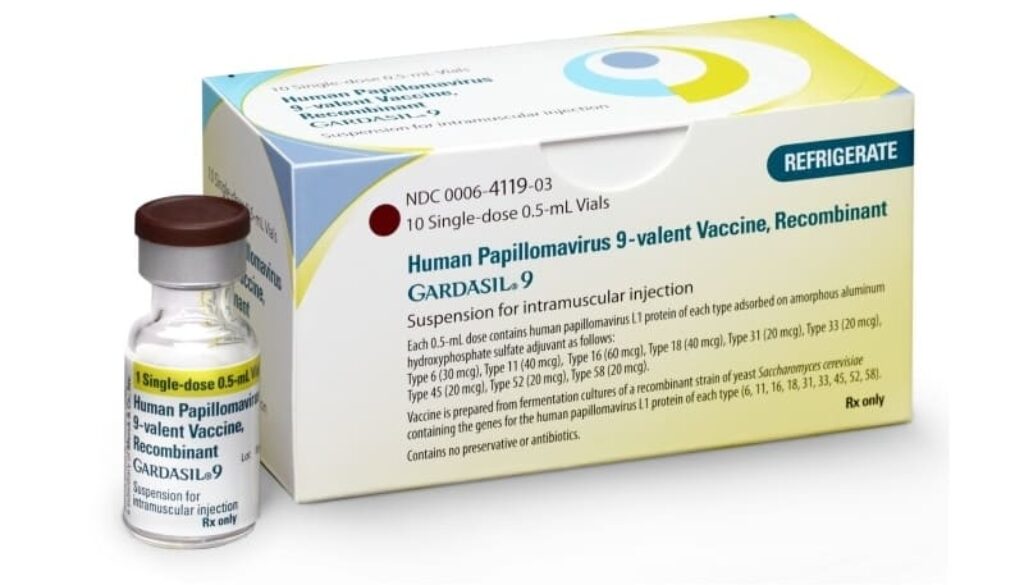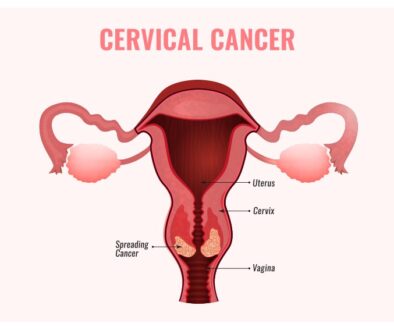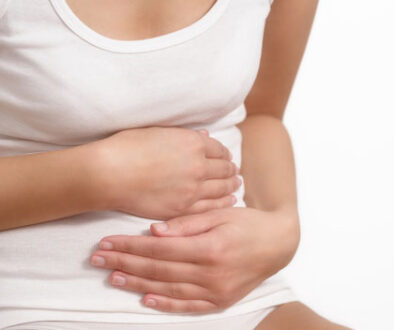Which Infection Puts a woman at Risk for Cervical Cancer?
HPV and Cervical Cancer Risk
Cervical cancer begins in the cells of the cervix – which connects the lower part of the uterus to the vagina – the birth canal. Let us try to understand the connection between HPV and cervical cancer risk.
Spread of HPV
HPV and cervical cancer risk: Human papillomavirus is the most common sexually transmitted virus. It passes from person to person during sexual intercourse. Those who are engaged in high-risk sexual activities and multiple sex partners are at increased risk of infection with HPV.
The Manifestation of HPV Infection
Some people don’t get a long-lasting infection because the body’s immune response diligently prevents HPV virus multiplication and stops its growth and spread. However, in some people, the virus persists by overcoming the body’s defences and survives causing infection and turning some cervical cells into cancerous. Some women have a long-lasting infection with some strains of HPV. They are at risk of developing cervical cancer. A majority of women are at risk of cervical cancer. However, the risk is high in women over age 30.


What are the Risk factors for cervical cancer?
HPV and cervical cancer risk: The major risk factor for infection with HPV is having sex with multiple sex partners. The more the number the greater is the risk. Those who have other types of sexually transmitted diseases (STDs) or infections are at increased risk of spreading and acquiring the virus from others. For instance, people with HIV/AIDs, syphilis, gonorrhoea, chlamydia, Hepatitis B viral infections are at increased risk. The risk increases in girls who begin sexual activity at an early age. A compromised immune system owing to other conditions or autoimmune diseases and kidney diseases can also increase the risk of HPV if the person gets exposed to HPV.
How to Prevent HPV Infection?
To prevent HPV infection and to reduce the risk of cervical cancer:
- Consult your gynaecologist, know your risk and ask her about the cervical cancer vaccine in Hyderabad (HPV vaccination).
- Understand from your doctor whether HPV vaccination is apt for you
- Go for a regular Pap smear (Pap test) – these tests help in detecting precancerous
- Conditions of the cervix. Monitoring such conditions in the early stages can help prevent cervical cancer
- Gynaecologists recommend routine Pap tests at age 21 and their patients to repeat them after every few years.
- Practice safe sex
Bottom line
Gynaecologic oncologists and gynaecologists recommend cervical cancer screening after age 21 for women of all cultural and ethnic background. Screening tests involving Pap smear and taking vaccine help in offering protection against HPV infection.
If you want to know more about the cervical cancer vaccine in Hyderabad, meet Dr Geetha Nagasree. Also, learn about the age limit for a cervical cancer vaccine.




